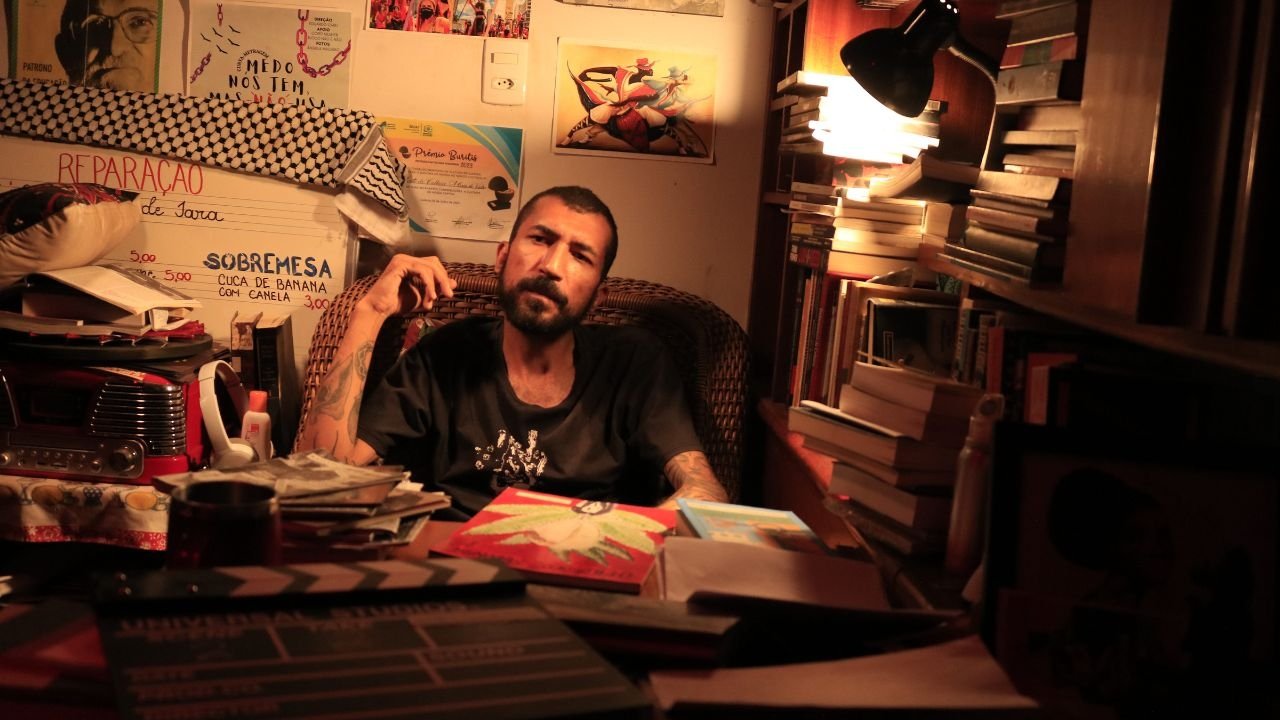
Blessed be the Joint (2024)
In the midst of conservative politics in the city of Goiânia, an anti-prohibitionist collective mobilizes for the legalization of marijuana against government repression.

In the midst of conservative politics in the city of Goiânia, an anti-prohibitionist collective mobilizes for the legalization of marijuana against government repression.
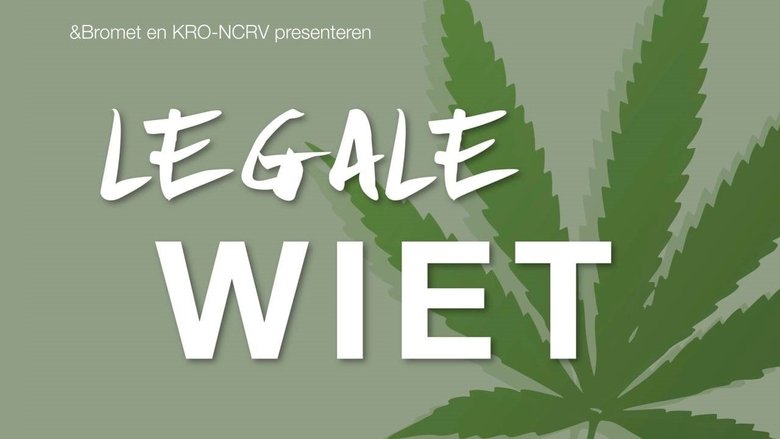
Currently, purchasing cannabis is done through 'the back door'. What is sold legally is purchased illegally. The end of 2019 marked the start of a four-year experiment in which cannabis grown under state supervision is legally traded. This should lead to less crime and better quality weed with fewer harmful substances. After a strict selection procedure, ten growers are selected who can supply this government weed. Bromet follows seasoned grower John - who wanted to run his nursery as legally and transparently as possible, but still lost everything after a lawsuit - and the businessmen of plan C who want to grow cannabis for the first time. Bromet also interviews coffee shop owners, politicians involved and both supporters and opponents. A follow-up documentary was made in 2024.
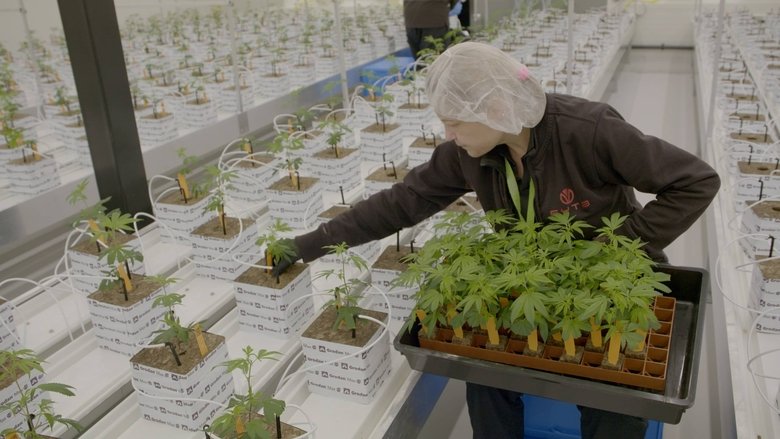
Frans Bromet follows several cannabis growers who have been selected by lottery as the first suppliers of legal cannabis. Sequel to the 2021 documentary 'Legal Weed'. Ten growers have been selected by draw as the first legal cannabis growers for an experiment that would last four years. These are large companies where a lot of money is spent to enable large-scale production of cannabis. But the actual experiment still hasn't been fully rolled out. Only in a few cities is legal cannabis available in coffee shops. The biggest problems that growers and sellers face are supply stocks and the complexity of the track and trace system. Every movement of the weed must be registered. And that is almost impossible with a failing computer system. The future of the experiment remains highly unpredictable four years after its announcement.
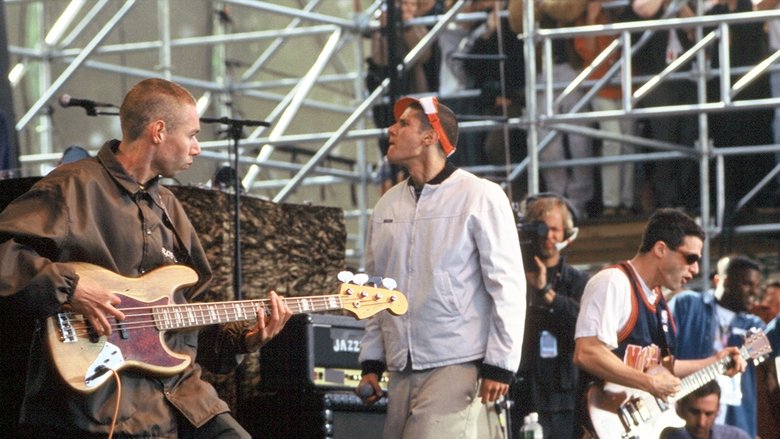
A film about the Tibetan Freedom Concert in San Francisco in 1996.
The latest world success in peace agreements is the Colombian peace process. “A Call For Peace” uncovers behind-the-scenes secrets of this historic, high-stakes negotiation through a series of in-depth interviews with leading global peace negotiators, foreign ministers, and world-renowned diplomats. The film is not only a moving and revealing view into the work that helped end more than 50 years of war in Colombia but also a striking story of reconciliation in the 21st-century Americas.
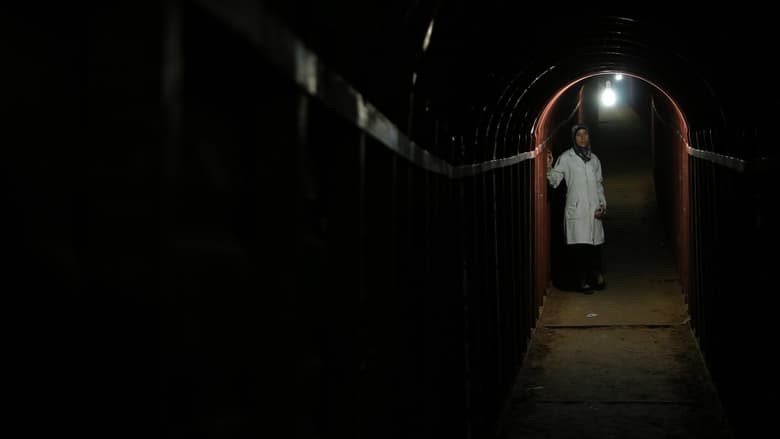
Deep beneath the surface in the Syrian province of Ghouta, a group of female doctors have established an underground field hospital. Under the supervision of paediatrician Dr. Amani and her staff of doctors and nurses, hope is restored for some of the thousands of children and civilian victims of the ruthless Syrian civil war.
One night in 1983, the life of the Yangali family changed completely. The four brothers from the town of Churcampa in Ayacucho were attacked and separated by state terrorism.
Tanjung Gusta Prison is the largest prison in North Sumatra. The North Sumatran region has the highest crime rate in Indonesia. In 2013, Tanjung Gusta experienced major riots caused by several internal and external problems. This could happen to other prisons in the future and will continue to worsen if the government does not fix the root cause of social issues throughout country.
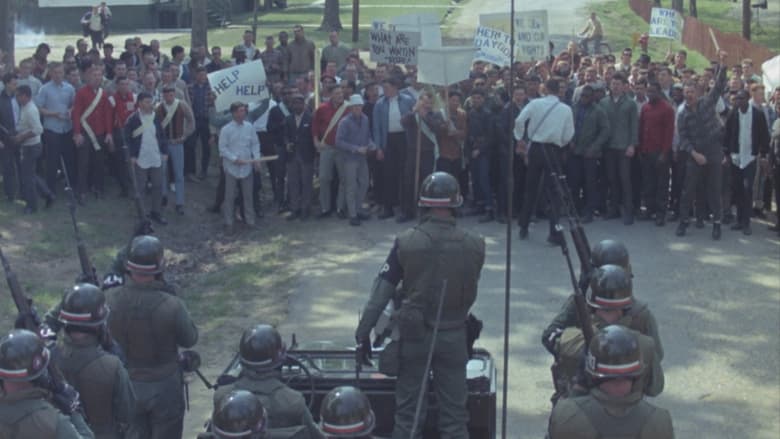
An archival documentary about the U.S. military’s response to the political and racial injustices of the late 1960s: take a military base, build a mock inner-city set, cast soldiers to play rioters, burn the place down, and film it all.

In the panorama of Kurdish music, Koma Berxwedan (Group Resistance) is one of the most interesting, innovative, experimental groups. To a deep love for music research the group has always associated a strong political commitment. Some of its members have joined the PKK guerrillas in the mountains of Kurdistan. Three of them died in combat. Some have been forced to live in exile and others continued to challenge the Turkish authorities by carrying out their work in Kurdistan.
Ella Adoo-Kissi-Debrah was a nine-year-old girl who lived in south-east London and died in 2013. The cause of death was listed as air pollution, now her mother is fighting to make clean air a human right.
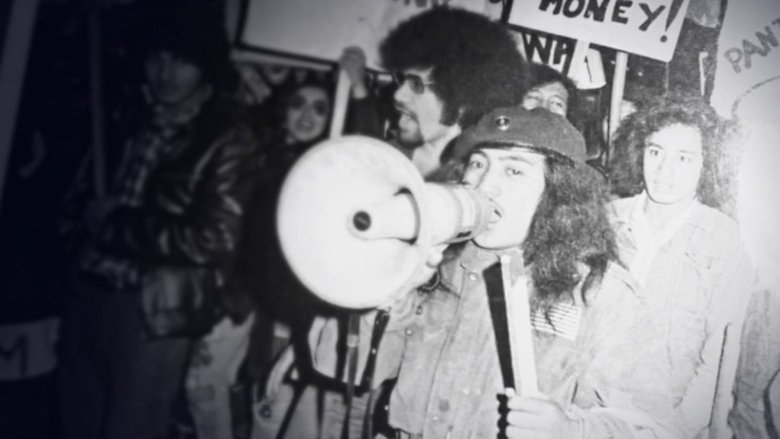
The film highlights the New Zealand student-led movement against compulsory military training during the Vietnam War. Led by 19-year-old Robert Reid, it brought together activists and diverse communities in a historic protest. Featuring interviews with those involved it is a reminder of the power of activism and ordinary people standing up for what they believe in.
An historical documentary that rereads the recent death of Jorge Videla, bloodthirsty dictator of Argentina in the 70’s, telling the disappearance, one by one, of the members of La Plata Rugby club. A tragic and compelling story where the passion for politics and sport is opposed to a fascist - military regime.
Man-pulled rickshaw, which have served Kolkata for over eight decades face virtual extinction as a result of legislation introduced by the State Government in 1981. This would rob over 100,000 people of a living. The film analyzes the critical situation, and on the basis of concrete facts and figures, questions whether such a step would be fruitful at all. The image of a man pulling a man is a depressing and a negative one - but not more negative than that of the image of a man going without food.
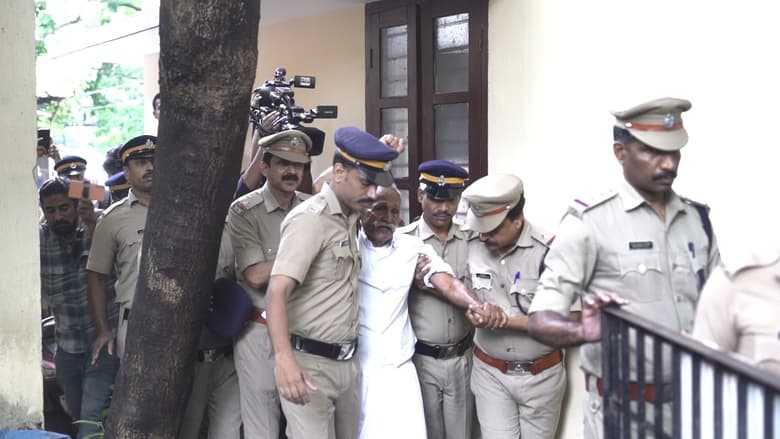
Grow Vasu is a biographical documentary on the life of comrade Ayinoor Vasu aka Grow Vasu, a leader of the working class, as well as a champion of Muslim, Dalit, and marginalized communities and human rights movements. At 94 years young, he was jailed for questioning the authority, yet, Vasu continues his fight against oppression, for justice, and for the revolution. The film follows a narrative style divided into ten chapters consists of his personal-political up and downs.
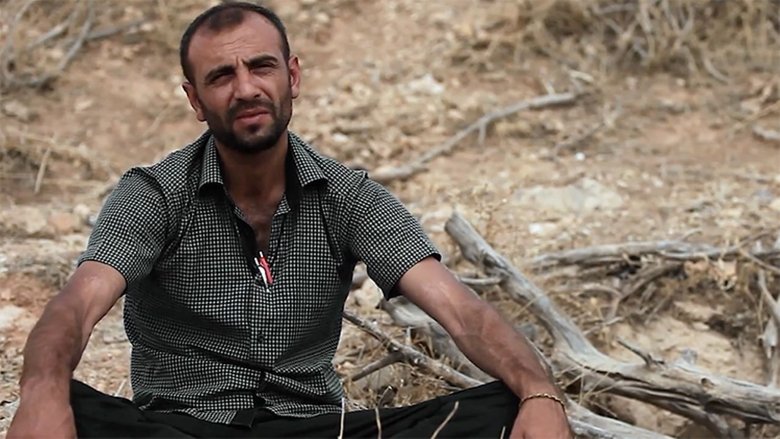
In the 1990s many people in Kurdistan were taken into custody and interrogated under torture; their killers disposed of the bodies by throwing them out of helicopters, or burying them in acid-filled wells. Thousands were murdered/disappeared by paramilitary forces—such as Jitem and Hizbul-Kontra—that were financed and supported by the state, though they have always stuck to the line: “We didn’t do it.” The documentary looks at the case of seven people, including four children, who were disappeared from the town of Kerboran [Dargeçit] in 1995, and tells the story of their families’ tireless search for their bones

Linda and Kenya narrate their testimony about being women and living with HIV in a time where stigma, negligence and androcentricity force them to start an activism that is still present in their community.
This film, directed by Dominique GAUTIER, takes the viewer on a worldwide excursion into the history and structure of the Esperanto language, introducing its present-day speakers. The words of these users of the language are reflective of a variety of activities and viewpoints, and in the film they are interwoven so as to reveal bit by bit how the utopia of its initiator, Ludwig ZAMENHOF, is concretised every day.
Scars Unseen is a ‘triumph of the human spirit’ documentary following three women who have overcome domestic violence and are paying it forward. Due to the COVID-19 pandemic, the statistic of 1 in 4 women affected by domestic violence went up to 1 in 3 women. This inspiring documentary highlights each individual’s experience involving domestic violence, focusing not on the grim details of their trauma but rather on the tools and techniques that helped them to persevere on their healing journey. Scars Unseen aims to illuminate the power of healing, de-stigmatize victimhood, and encourage open communication about the causes, treatment, and prevention of abuse. This documentary focuses on the resiliency of three phenomenal women and encourages us all to be more trauma-informed. Scars Unseen is changing the conversation around domestic violence.